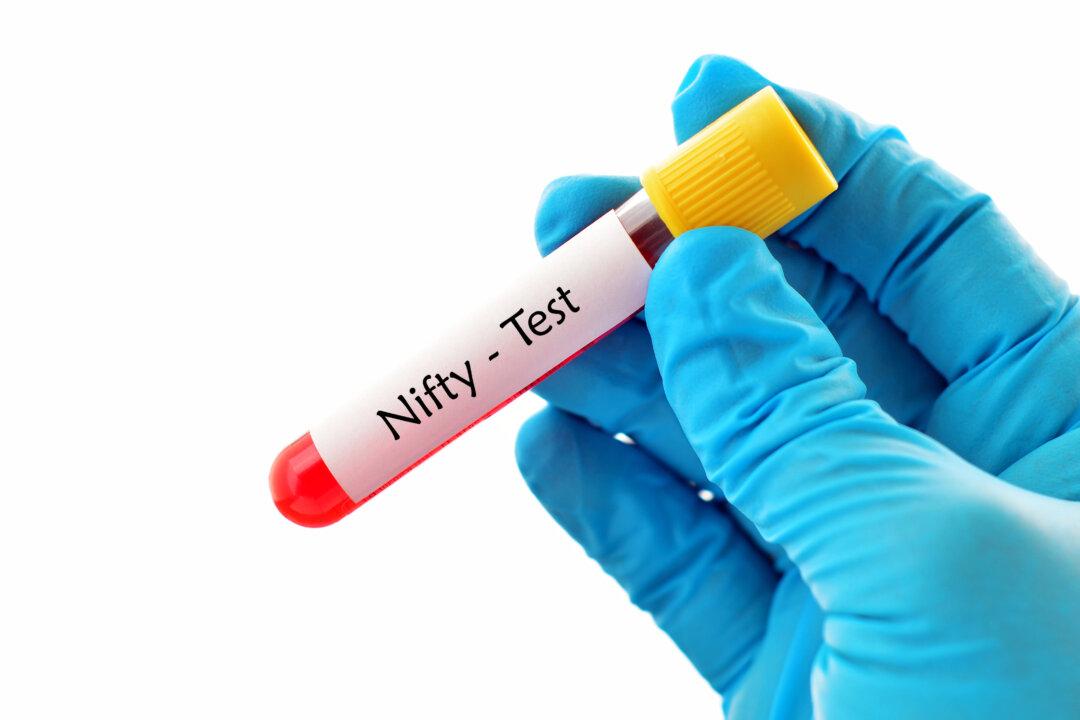A group of British lawmakers called for an urgent investigation into a Chinese company that sells pregnancy screening tests in the UK.
The genomics company, BGI, had three of its subsidiaries blacklisted by the U.S. Commerce Department in March over their alleged involvement in military programs and the repression of ethnic minorities in China.





